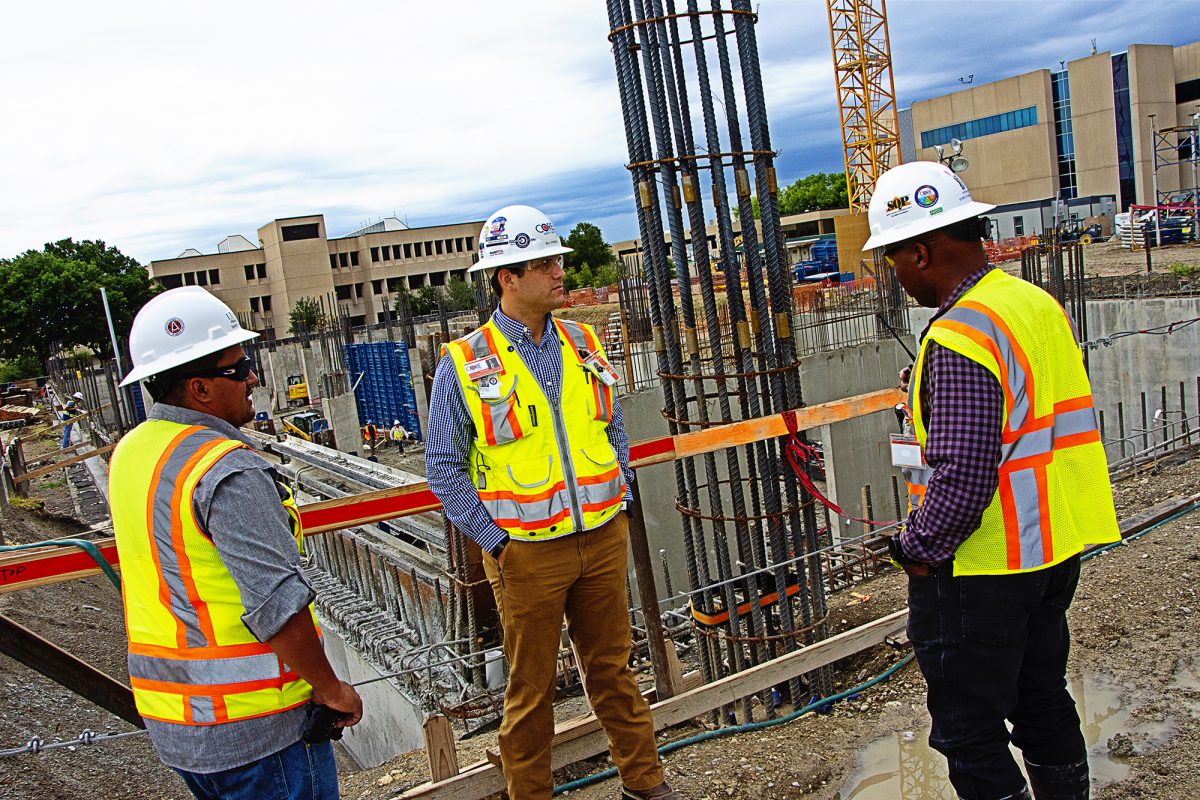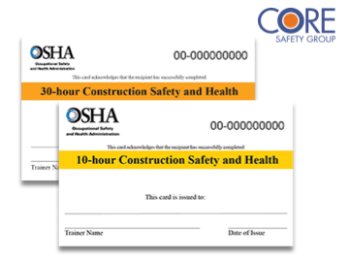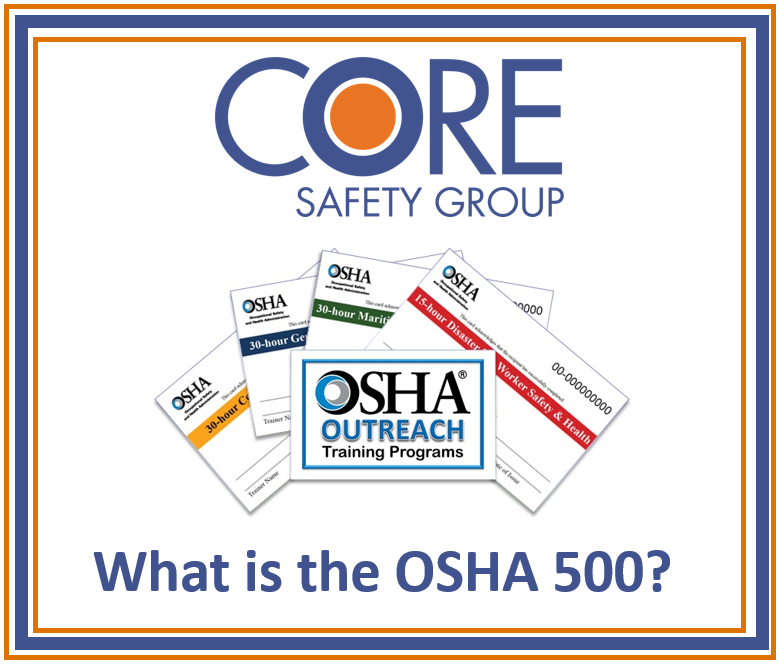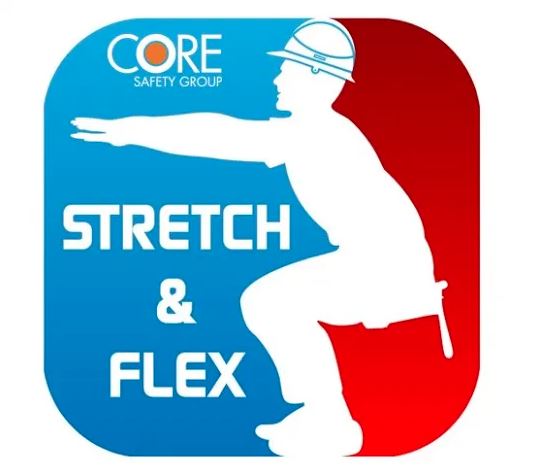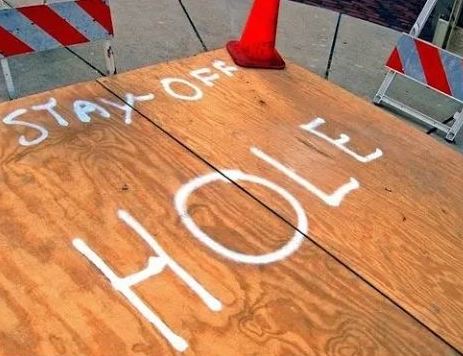3 Factors for An Effective Safety Program. 1. Have A Policy 2. Employee Training. 3. Implementation. Learn more by watching our video!
Construction work can result in painful injures that are sometimes treated with prescription opioids. One in four people prescribed opioids for long-term pain become addicted and opioid-related deaths are on the rise. In 2017 alone, more than 72,000 people died in the U.S from an overdose, over 49,000 of which involved an opioid. Overdose deaths that occur on the jobs are on the rise.
Construction workers have one of the highest rates of strains and sprain injuries due to the physically demanding nature of their work. Use of opioids to manage pain has been a common practice and resulted in high rates of addiction and overdoses.
Construction workers encounter a variety of hazards from the specific work they perform, as well as from work being performed by other workers around them including,
- equipment hazards,
- falls from heights,
- confined spaces,
- and heavy lifting.
To work safely, they must be mentally alert.
When injures do occur it’s important for employers to work with their occupational clinics to explore other pain management options, rather than the use of prescription opioids. There are several non-opioids that can be used to manage mild to moderate pain. Non-drug treatments such as,
- ice,
- heat,
- massage,
- exercise
- and physical therapy can be especially useful in treating chronic pain.
To learn more on this topic you can visit the CPWR’s Opioid Resources webpage.
To ensure workplace safety, explore our options for onsite trainings, safety consulting and safety staffing so your employees enjoy their job and stay safe.


